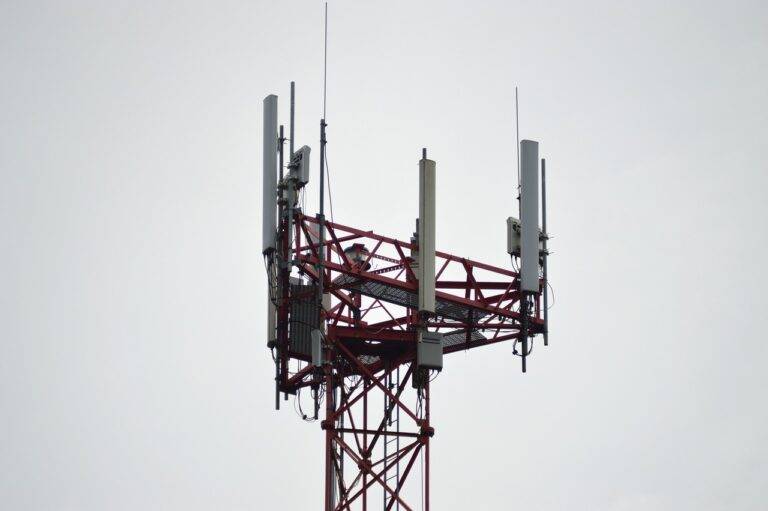Technology in Healthcare: Trends and Innovations
Artificial Intelligence in healthcare continues to revolutionize the way medical professionals deliver care and diagnose patients. By leveraging AI algorithms, healthcare providers can process and analyze vast amounts of patient data with incredible speed and accuracy, leading to more precise and personalized treatment plans. Moreover, AI-powered tools can help predict potential health risks and outcomes, enabling early interventions and preventative measures to improve patient outcomes.
In addition to diagnosis and treatment, AI technology is also being utilized to streamline administrative tasks and enhance the overall operational efficiency of healthcare facilities. From automating appointment scheduling to optimizing resource allocation, AI systems are helping to alleviate the burden on healthcare staff and improve the patient experience. With continued advancements in AI capabilities, the healthcare industry is poised to witness further transformative changes that will undoubtedly shape the future of medical care delivery.
Telemedicine and Virtual Care
Telemedicine and virtual care have revolutionized the way individuals access healthcare services, particularly in remote or underserved areas. Through the use of telecommunication technologies, patients can consult with healthcare providers in real-time, without the need for physical appointments. This virtual approach not only saves time and travel costs but also facilitates timely interventions and follow-ups, improving overall patient outcomes.
The rise of telemedicine and virtual care has been accelerated by the global shift towards digital health solutions. With the increasing prevalence of smartphones and internet connectivity, healthcare services can now be delivered remotely, enhancing access and convenience for patients. Furthermore, the integration of telemedicine platforms with electronic health records allows for seamless information-sharing between healthcare professionals, leading to more coordinated and efficient care delivery.
IoT Devices for Remote Monitoring
Advancements in technology have revolutionized healthcare, with IoT devices playing a significant role in remote patient monitoring. These devices enable healthcare providers to track vital signs, medication adherence, and other metrics in real-time from a distance. By leveraging IoT devices for remote monitoring, healthcare professionals can intervene promptly if any abnormalities are detected, leading to improved patient outcomes and a more personalized approach to care.
The integration of IoT devices in remote monitoring has not only enhanced the quality of patient care but has also increased efficiency within healthcare systems. With continuous data collection and analysis, healthcare providers can gain valuable insights into patient health trends, enabling proactive interventions and preventive measures. Additionally, remote monitoring reduces the need for frequent in-person visits, promoting convenience for patients and freeing up healthcare resources for those in critical need.
How can artificial intelligence be used in healthcare?
Artificial intelligence can be used in healthcare for tasks such as analyzing medical images, predicting patient outcomes, and personalizing treatment plans.
What is telemedicine and virtual care?
Telemedicine and virtual care refer to the use of technology to provide healthcare services remotely, such as video consultations with doctors and monitoring of patients’ health data.
What are some examples of IoT devices for remote monitoring?
Examples of IoT devices for remote monitoring include wearable fitness trackers, smart blood pressure monitors, and glucose monitors for patients with diabetes.





